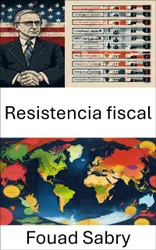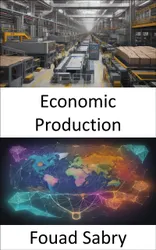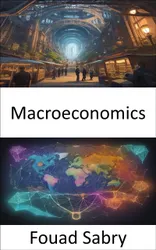What is Law and Economics
Law and economics, often known as economic analysis of law, is the process of applying microeconomic theory to the study of law rather than the other way around. A number of economists from the Chicago school of economics, including Aaron Director, George Stigler, and Ronald Coase, were principally responsible for the pioneering work that led to the development of this subject in the United States during the early 1960s. For the purpose of explaining the impacts of laws, determining which legal rules are economically effective, and predicting which legal rules will be adopted, this field makes use of concepts from economics. There are two major branches of law and economics: the first is based on the application of the methods and theories of neoclassical economics to the positive and normative analysis of the law, and the second is centered on an institutional analysis of law and legal institutions, with a broader focus on economic, political, and social outcomes, and overlapping with analyses of the institutions of politics and governance. Both of these branches are considered to be important in the field of law and economics.
How you will benefit
(I) Insights, and validations about the following topics:
Chapter 1: Law and economics
Chapter 2: Ronald Coase
Chapter 3: Free-rider problem
Chapter 4: James M. Buchanan
Chapter 5: Coase theorem
Chapter 6: Chicago school of economics
Chapter 7: New institutionalism
Chapter 8: Guido Calabresi
Chapter 9: Armen Alchian
Chapter 10: Aaron Director
Chapter 11: Regulatory economics
Chapter 12: New institutional economics
Chapter 13: Harold Demsetz
Chapter 14: Virginia school of political economy
Chapter 15: Economic justice
Chapter 16: Property rights (economics)
Chapter 17: The Use of Knowledge in Society
Chapter 18: The Problem of Social Cost
Chapter 19: Arnold Plant
Chapter 20: Constitutional economics
Chapter 21: Francesco Parisi (economist)
(II) Answering the public top questions about law and economics.
(III) Real world examples for the usage of law and economics in many fields.
(IV) Rich glossary featuring over 1200 terms to unlock a comprehensive understanding of law and economics. (eBook only).
Who will benefit
Professionals, undergraduate and graduate students, enthusiasts, hobbyists, and those who want to go beyond basic knowledge or information for any kind of law and economics.
























